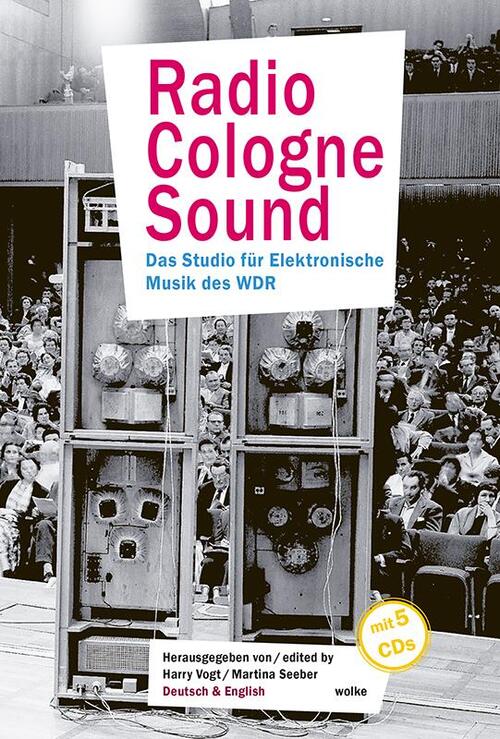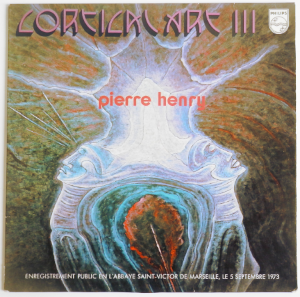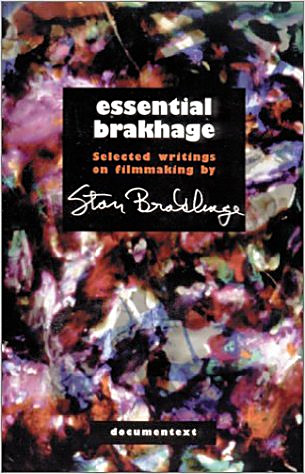Harry Vogt and Marina Seeber (Eds.) - Radio Cologne Sound – Das Studio für Elektronische Musik des WDR
Rarely has a radio institution left such a mark on music history in such a short space of time. Founded in 1951, the WDR Studio for Electronic Music hit the headlines early on, at times transforming Cologne into the metropolis of new music, attracting not only composers. Radio Cologne Sound traces the eventful history of the studio in essays, recordings, pictures and personal memories: from the golden 50s and 60s through times of opening and stagnation to the late heyday. Three portraits are dedicated to the studio directors Herbert Eimert, Karlheinz Stockhausen and York Höller. Other texts shed light on the intense interplay between technology and aesthetics, the teamwork in the studio, its international appeal and the important question of performance practice: How can electronic music be brought to the stage when the technology has long been ready for the museum? The heart of the book is the sound of “Radio Cologne”: 28 tracks on five CDs allow us to look back over half a century.
First conceived as the sonorous realization of modernism during the early decades of the 20th Century, the project of avant-garde music only fully hit its stride and entered the board of cultural conciseness during the post-war period, as technological advancement – the invention of magnetic tape, synthesisers, and every computers – facilitated the develop new creative methods and languages in the form of music concrete, electronic and electroacoustic music, as well as computer music. Subsequently, across the 1950s and 60s, electronic music studios sprang up in nearly every corner of the globe. Among the most important of these studios was the WDR Studio for Electronic Music; it was among the earliest, if not the earliest studio in the world set to facilitate the creation of purely electronic music. Established by a group of the city’s leading figures in avant-garde music – Robert Beyer, an early advocate of timbre-oriented music; the physicist, phoneticist, synthesist, Werner Meyer Eppler, who was the first to coin the term electronic music in 1949; the technician Fritz Enkel; and the musicologist Herbert Eimert – the studio immediately made waves by issuing radical and groundbreaking sounds into the public sphere, and rapidly became a model for other similar studios that would soon be set up across Europe, Latin American, Asia, and the United States.
Bi-lingual: Deutsch and English. Published in 2023, 288 pages plus a folder with 5 CDs and a gatefold brochure.
Overview of the 5 CDs
CD 1
1 Heinz Schütz Morgenröte (1952) 2 Karel Goeyvaerts Compositie Nr.5 met zuivere tonen (1953) 3 Gottfried Michael Koenig Klangfiguren I (1955) 4 Giselher Klebe Interferenzen (1955) 5 Karlheinz Stockhausen Gesang der Jünglinge (1955–56) 6 Franco Evangelisti Incontri di fasce sonore (1957) 7 György Ligeti Artikulation (1958) 8 Herbert Brün Anepigraphe (1958) 9 Mauricio Kagel Transición I (1958–59) 10 Herbert Eimert Epitaph für Aikichi Kuboyama (1960–62)
CD 2
1 Johannes Fritsch Fabula rasa (1964) 2 Michael von Biel Fassung (1964) 3 Karlheinz Stockhausen Mikrophonie II (1965) 4 Peter Eötvös Mese (1968) 5 Mesías Maiguashca Hör zu (1969)
CD 3
1 Nicolaus A. Huber Aion (1968/72) 2 Henri Pousseur Lob des Langen Marsches (1972–73) 3 Winfried Jentzsch Cellomusik (1972/74) 4 Rolf Gehlhaar Fünf deutsche Tänze (1975) 5 Thomas Kessler Dialoge (1977)
CD 4
1 Iannis Xenakis La Légende d’Eer (1977–78) 2 York Höller Schwarze Halbinseln (1982) 3 Michael Obst Chansons (1986) 4 John McGuire Vanishing Points (1988)
CD 5
1 Youngi Pagh-Paan Tsi-Shin-Kut (1991/1994) 2 Jonathan Harvey One Evening… (1993–94) 3 Luc Ferrari Porte Ouverte sur Ville (1994) 4 Marco Stroppa Zwielicht (1994–99)
€39.00







